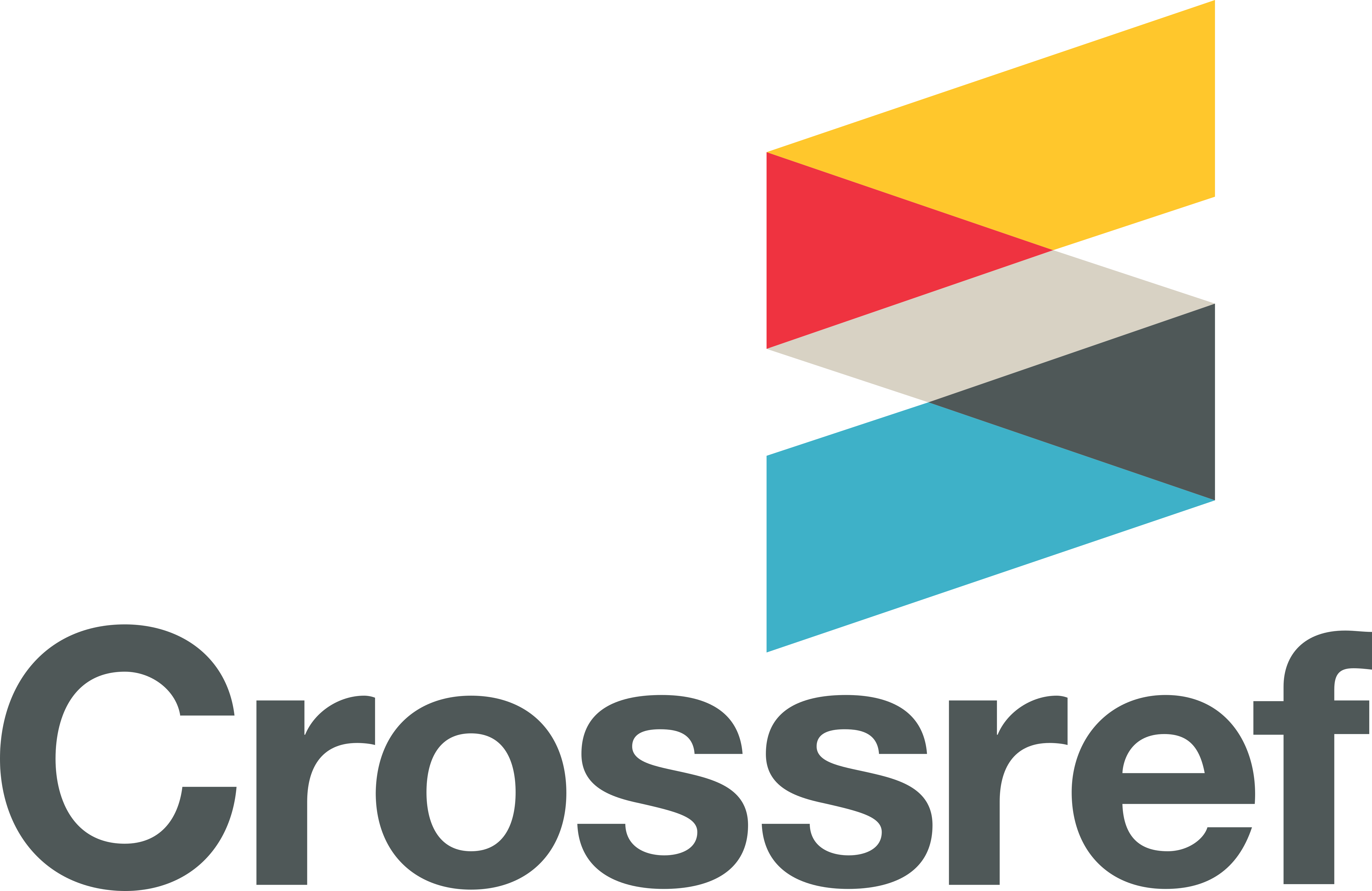PREVENTION OF CHILDREN'S SNACKING HABITS THROUGH THE IMPLEMENTATION OF FINANCIAL LITERACY IN EARLY AGE CHILDREN
IN PRIVATE KINDERGARTEN KANANTANG REGENCY. EAST SUMBA, EAST NUSA TENGGARA
DOI:
https://doi.org/10.53947/tspj.v3i1.761Keywords:
Early Childhood, financial literacy, consumption, snacksAbstract
This study aims to describe the application of Financial Literacy to prevent snacking habits in early childhood which was carried out in Group B Kindergarten Pembina Kanantang District. East Sumba, NTT. Using qualitative descriptive research methods through literature study. Data collection was carried out by reading, recording and analyzing the results of previous research. The results of the study showed that there were changes that occurred in children after learning about financial literacy and children slowly but surely implemented a pattern of preventing snack habits at home and at school
References
Anggraeni, I. (2022). Identification of financial literacy learning in early childhood education. Al-Marifah | Journal of Early Childhood Islamic Education, 1(1), 18–38. https://journal.iaitasik.ac.id/index.php/Al-Marifah/article/view/59
Ariyani, D. (2018). Financial literacy education for early childhood at the Khalifah Kindergarten in Purwokerto. Yinyang: Journal of Islamic Gender and Child Studies, 13(2), 175–190. https://ejournal.uinsaizu.ac.id/index.php/yinyang/article/view/2100/1393
Aslindah, A. (2022). Parents' strategies for instilling thrifty character in children from an early age. Murhum: Journal of Early Childhood Education, 3(2), 19–30. https://doi.org/10.37985/murhum.v3i2.118
Budianto, B. (2020). Savings love movement for elementary school students in Meureubo District, West Aceh. Dinamisia: Journal of Community Service, 4(1), 59–67. https://doi.org/10.31849/dinamisia.v4i1.3113
Fadli, M. R. (2021). Understand the design of qualitative research methods. HUMANICS, 21(1), 33–54. https://doi.org/10.21831/hum.v21i1.38075
Febry, F. (2010). Snack habits in children. Journal of Public Health Sciences, 1(2), 81–84. https://ejournal.fkm.unsri.ac.id/index.php/jikm/article/view/31
Fitriani, L. (2015). The role of parenting styles in developing children's emotional intelligence. Lantern, 17(1). https://journal.uinsi.ac.id/index.php/lentera_journal/article/view/431
Judarwanto, W. (2016). Food allergies, diet and autism. Autism Update Seminar, 1–19.
Komala, R., Febriani, W., Ariska, K., & Nurrahmawati, E. (2023). Correlation between mother's nutritional knowledge with nutritional status (height for age and BMI for age) of children. Al-Athfaal: Scientific Journal of Early Childhood Education, 6(1), 82–91. https://doi.org/10.24042/ajipaud.v6i1.16621
Lestari, O. D. (2018). The relationship between conformity and consumer behavior tendencies in School X students. Journal of Industrial and Organizational Psychology, 5(1), 2.
Lestarina, E., Karimah, H., Febrianti, N., Ranny, R., & Herlina, D. (2017). Consumptive behavior among teenagers. JRTI (Indonesian Journal of Action Research, 2(2), 1–6. https://doi.org/10.29210/3003210000
Martin, G., Pear, J., & Santoso, Y. (2015). Behavior modification: Meaning and application (1st ed.). Student Library.
Nihayah, I., & Rofiq, A. (2018). Internalization of the character of gratitude to increase students' learning motivation. https://doi.org/10.31219/osf.io/ncjpx
Nugraha, D., & Octavianah, D. (2020). 21st century literacy discourse in Indonesia. Edutama Education Journal, 7(1), 107–126. http://ejurnal.ikippgribojonegoro.ac.id/index.php/JPE
Nuryati, W. (2005). The relationship between the frequency of snacks at school and the nutritional status of students in grades IV and V at Wonotingal State Elementary School 01-02 Candisari, Semarang, 2004/2005 academic year. Semarang: Semarang State University.
Pamungkas, A. D., & Alifah, S. (2021). Introduction to financial literacy at SMA/K Driewanti Bekasi. SNPPM-3 (National Seminar on Research and Community Service, 3, 313–318. https://repository.ummetro.ac.id/view/3303
Rachmadyanti, P. (2017). Strengthening character education for primary school students through local wisdom. Journal of Elementary School Education, 3(2), 201–214. https://doi.org/10.30870/jpsd.v3i2.2140
Rapih, S. (2016). Financial literacy education in children: Why and how? Scholaria: Journal of Education and Culture, 6(2), 14. https://doi.org/10.24246/j.scholaria.2016.v6.i2.p14-28
Sholichah, A. S., Ayuningrum, D., & Afif, N. (2021). Effectiveness of parenting study activities in increasing parental awareness of early childhood care. Murhum: Journal of Early Childhood Education, 2(2), 1–9.
Sirine, H., & Utami, D. S. (2016). Factors that influence saving behavior among students. Journal of Economics and Business, 18(1), 27. https://doi.org/10.24914/jeb.v19i1.479
Suzanti, L., Fitriasari, N. S., Widjayatri, R. D., Burairoh, S. A., Fajriah, A., Anwar, S. F., & Anggraini, I. S. (2023). “Si Kemal”: Financial literacy animation video for preschool children. Obsession Journal: Journal of Early Childhood Education, 7(6), 7231–7240. https://doi.org/10.37985/murhum.v2i2.41
Syarifuddin, M. (2016). Analysis of the activities of farm workers in fulfilling basic needs in Bukuan Village, Palaran District, Samarinda City. EJournal of Sociology-Sociology, 4(3), 98–112.
Turmudi, M. (2017). Production in an Islamic economic perspective. Islamadina: Journal of Islamic Thought, 18(1), 37–56. https://jurnalnasional.ump.ac.id/index.php/ISLAMADINA/article/view/1528
Wati, E., & Solihin, M. (2022). Improving children's polite speaking ability through the storytelling method with hand puppets in Raudhatul Athfal Nurul Islam, Sungai Mengkuang Village, Bungo Regency. ALAYYA: Journal of Early Childhood Islamic Education, 2(1), 55–95. https://doi.org/10.51311/alayya.v2i1.408
Yuniarti, V. S. (2015). Consumptive behavior theory and practice (MS Dr. Beni Ahmad Saebani). Pustaka Setia (1st ed.). Pustaka Setia.
Downloads
Published
How to Cite
License
Copyright (c) 2024 The Social Perspective Journal

This work is licensed under a Creative Commons Attribution-ShareAlike 4.0 International License.









